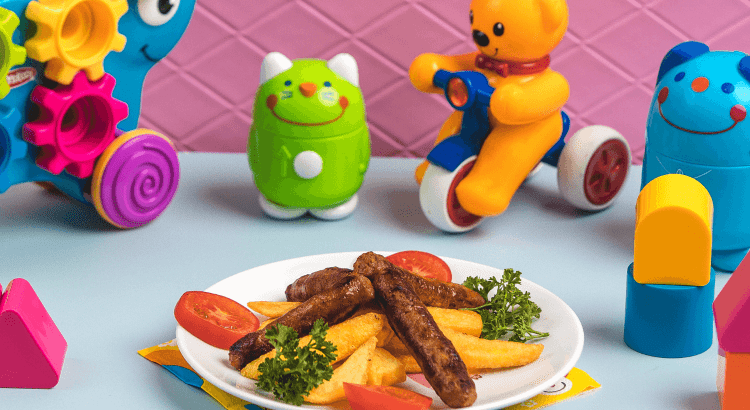Laser dentistry involves the use of focused beams of light energy to perform dental procedures with exceptional precision. These dental lasers can either cut or vaporize tissue, depending on the treatment area.
The energy from the laser reacts with the tissue, allowing pediatric dentists to treat both soft tissue (like gums) and hard tissue (like teeth) in a controlled, minimally invasive way. The result is a quieter, gentler treatment process that’s ideal for children who may fear traditional dental tools.
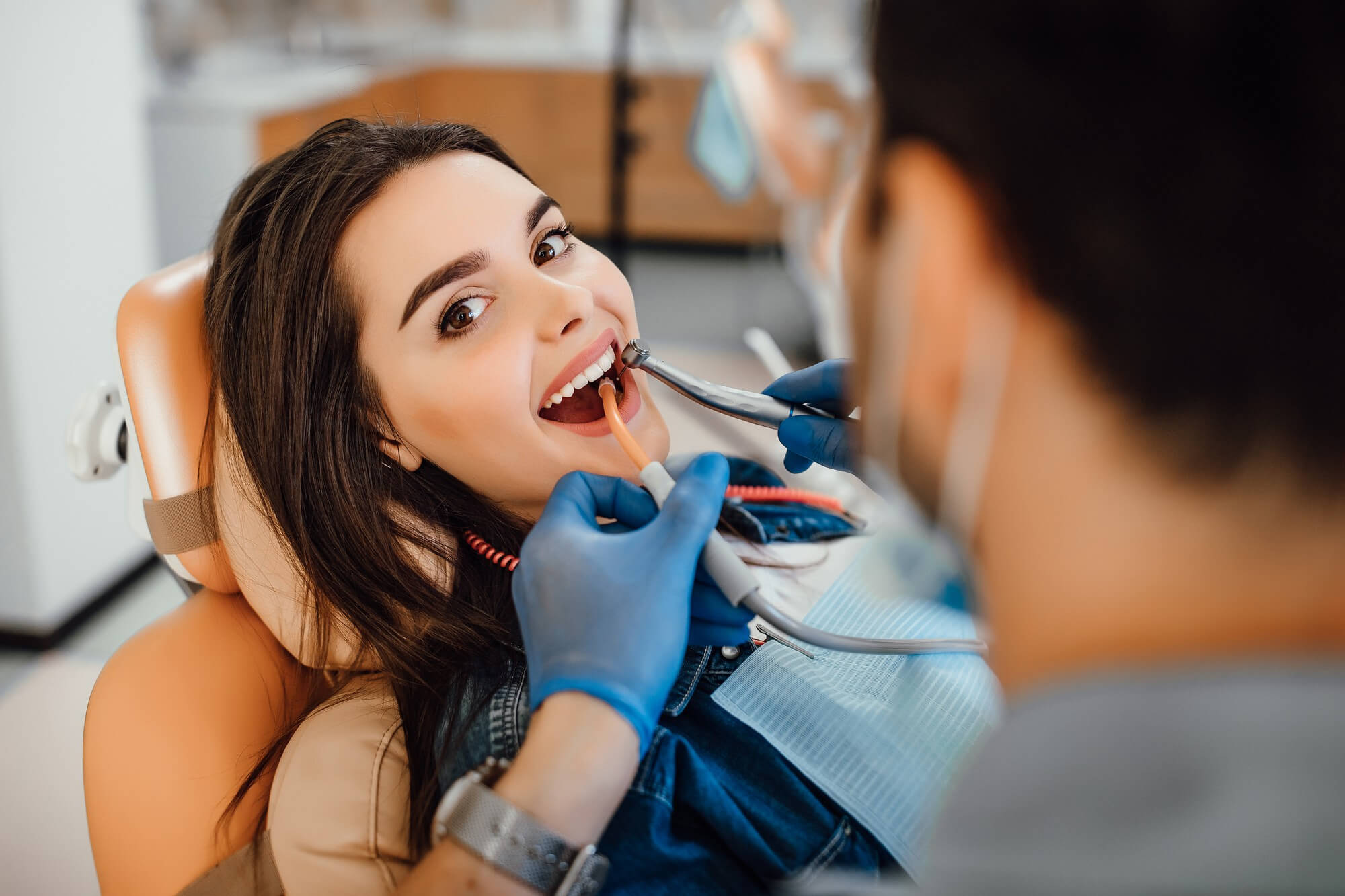
Differences between Traditional Drills and Laser Treatment
Traditional dental drills use mechanical rotary motion to remove tooth material or decay, often creating heat, vibration, and noise that can cause anxiety in children. In contrast, laser dentistry eliminates the need for these drills in many cases. Lasers are virtually silent, reduce or eliminate the need for numbing shots, and minimize bleeding and swelling—making them a preferred choice for pediatric patients.
Types of Procedures Pediatric Dentists Use Lasers For
Pediatric dentists are increasingly using lasers for a variety of child-focused procedures, including:
Cavity removal and tooth decay treatment: Lasers gently remove decay while preserving more of the natural tooth.
Frenectomies: For children with tongue-ties or lip-ties, lasers provide a quick, minimally painful release.
Gum reshaping: Laser technology is used to contour overgrown gum tissue or treat gum infections.
Teeth whitening and lesion removal: Lasers can also help with cosmetic improvements and minor oral surgery in pediatric patients.
These procedures are typically faster, less invasive, and more comfortable contributing to a better overall dental experience for kids.
Please also read : Tips for a Calming Bedtime Routine for Children
Benefits of Laser Dentistry for Children

Less Pain and Reduced Need for Anesthesia:
One of the most significant advantages of laser dentistry for kids is its ability to reduce or eliminate pain during procedures. Because lasers don’t produce the same pressure, noise, or vibration as traditional drills, many children find treatment far more comfortable. In fact, many pediatric dentists report that laser procedures can often be performed with little to no anesthesia—an ideal solution for young patients who fear needles or have medical sensitivities to sedatives.
Faster Healing and Minimal Bleeding:
Laser dentistry promotes quicker healing by minimizing trauma to the surrounding tissues.
Lower Risk of Infection:
The precision of dental lasers not only limits tissue damage but also sterilizes the treatment area as it works. This reduces bacterial exposure and lowers the risk of infection following the procedure.
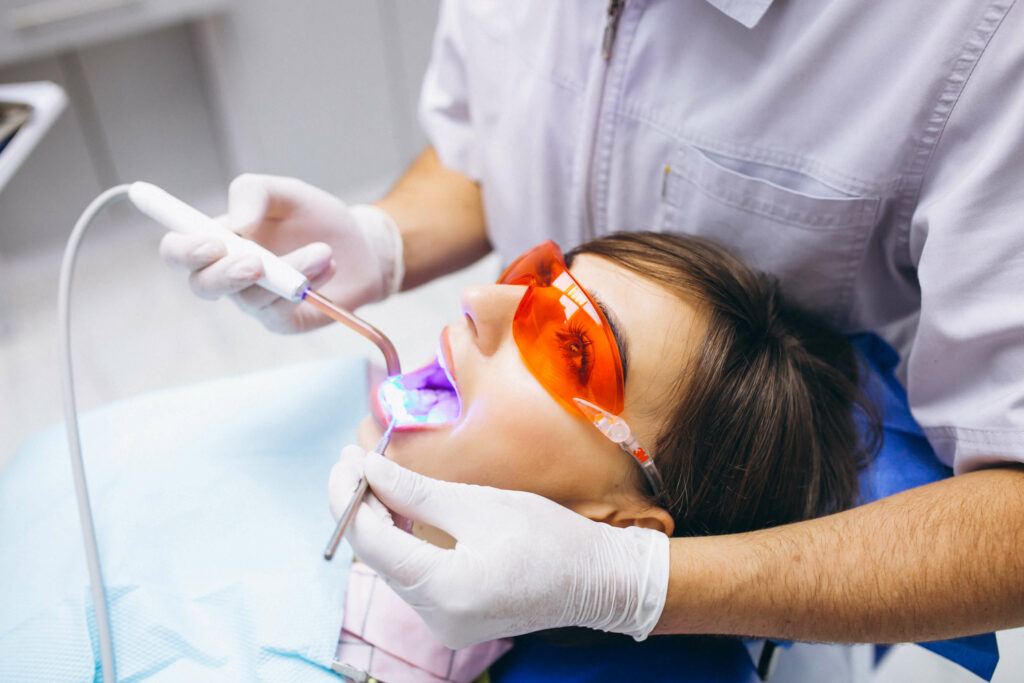
Reducing Dental Anxiety with Laser Technology
How the Quiet, Vibration-Free Experience Helps Anxious Children
One of the leading causes of dental anxiety in children is the fear of loud noises, vibrations, and the discomfort associated with traditional dental tools. Laser dentistry eliminates many of these fear triggers.
Comparison between Laser Treatments and Traditional Dental Tools
Conventional tools like drills can be intimidating, especially for young children. They often require numbing shots, produce intense vibrations, and can trigger a “fight or flight” response. In contrast, lasers work silently and precisely, often eliminating the need for injections and reducing the duration of the procedure. Parents increasingly notice that children who struggled with traditional dental visits respond much better when lasers are used.
Why Pediatric Dentists Recommend It for Fearful Kids
Pediatric dentists are turning to laser technology specifically to address dental phobia in children. Whether the fear stems from a past traumatic experience or general anxiety, laser dentistry provides a gentle alternative that builds trust and reduces resistance. Many local practices promote their use of dental lasers as a child-friendly feature that makes appointments less stressful and more effective.
Safety and Effectiveness of Laser Use in Pediatrics
FDA Approvals and Safety Protocols
Dental lasers used in pediatric care are fully approved by the U.S. Food and Drug Administration (FDA) for various procedures involving both hard and soft tissues. These devices undergo rigorous testing for safety and effectiveness before being introduced to clinical settings. Pediatric dentists follow strict safety protocols, including the use of protective eyewear for both the patient and dental staff, to ensure every procedure is performed in a secure and controlled environment.
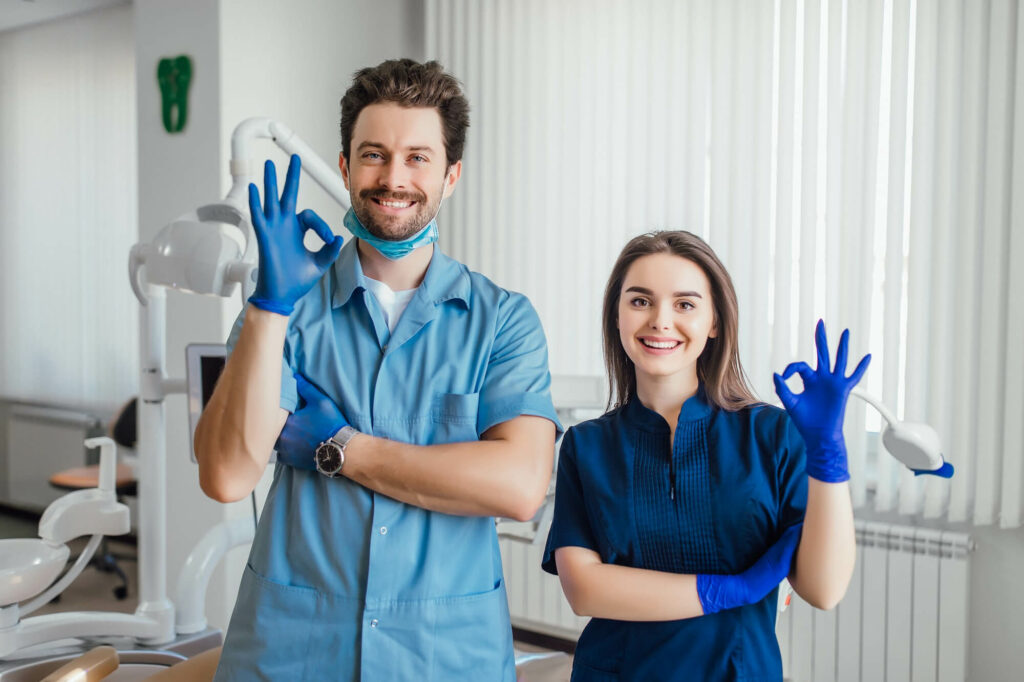
How Trained Pediatric Dentists Ensure Safe Laser Use
Only dentists with specialized training in laser dentistry are qualified to perform these procedures on children. Many pediatric dentists have pursued certification courses to ensure they can operate laser equipment safely and effectively.
Common Myths vs. Facts About Dental Lasers
There are several misconceptions about laser dentistry, especially among parents unfamiliar with the technology. A common myth is that lasers are experimental or unsafe for children—but the reality is quite the opposite. Dental lasers have been used safely for decades, and when handled by trained professionals, they often offer better outcomes than traditional methods. Another myth is that lasers can only treat soft tissue; in fact, modern dental lasers can also be used for cavity removal and other hard tissue procedures.
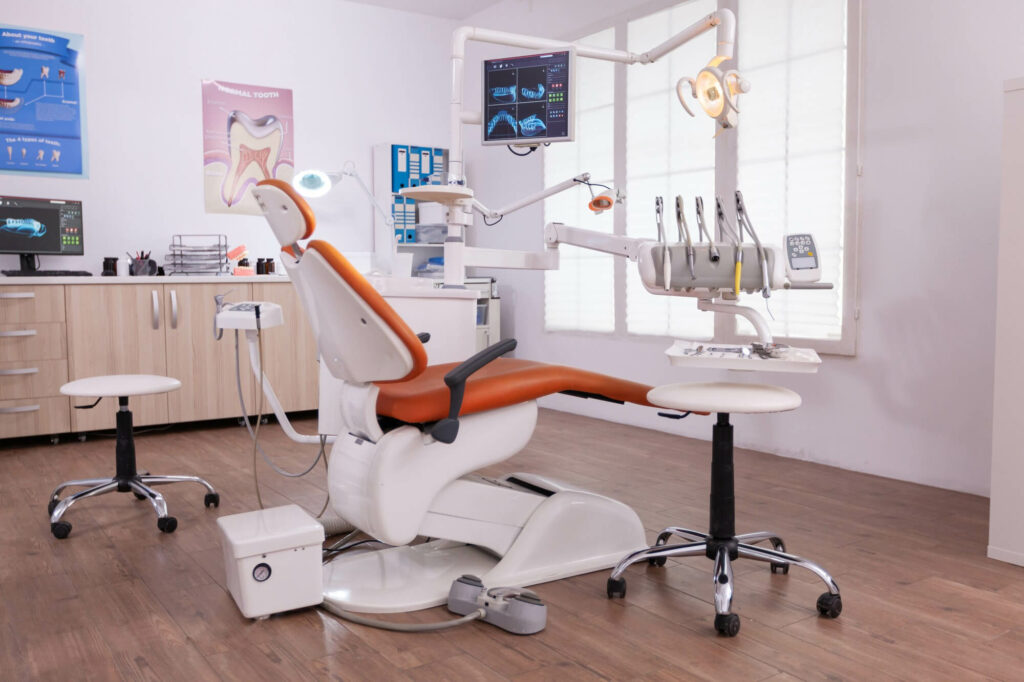
Choosing a Pediatric Dentist Offering Laser Dentistry
Questions Parents Should Ask When Considering Laser Treatments
Before scheduling a laser procedure, it’s important for parents to have an open discussion with their child’s pediatric dentist. Key questions to ask include:
- Is laser dentistry appropriate for my child’s condition?
- What type of laser technology do you use in your office?
- What are the potential benefits and limitations of laser treatment compared to traditional methods?
Importance of Choosing a Qualified Pediatric Dentist
Not all dental clinics are equipped with laser technology, and not all dentists are certified to use it. Many top pediatric dentists have advanced training in laser dentistry, ensuring they can use the equipment safely and effectively.
Encouraging a Consultation to Learn if Laser Dentistry Is the Right Choice
The best way to determine if laser dentistry is suitable for your child is to schedule a consultation with a pediatric dentist.
